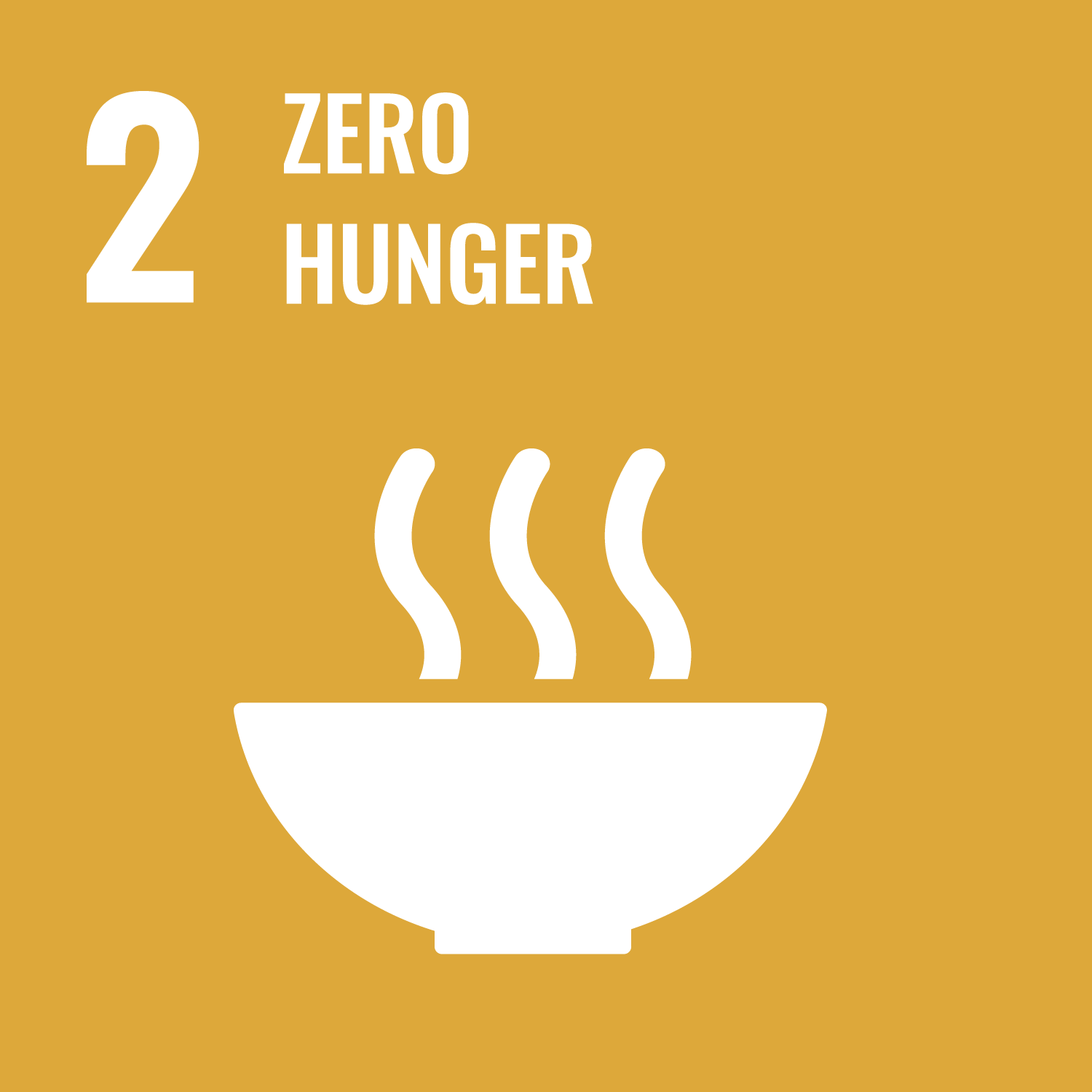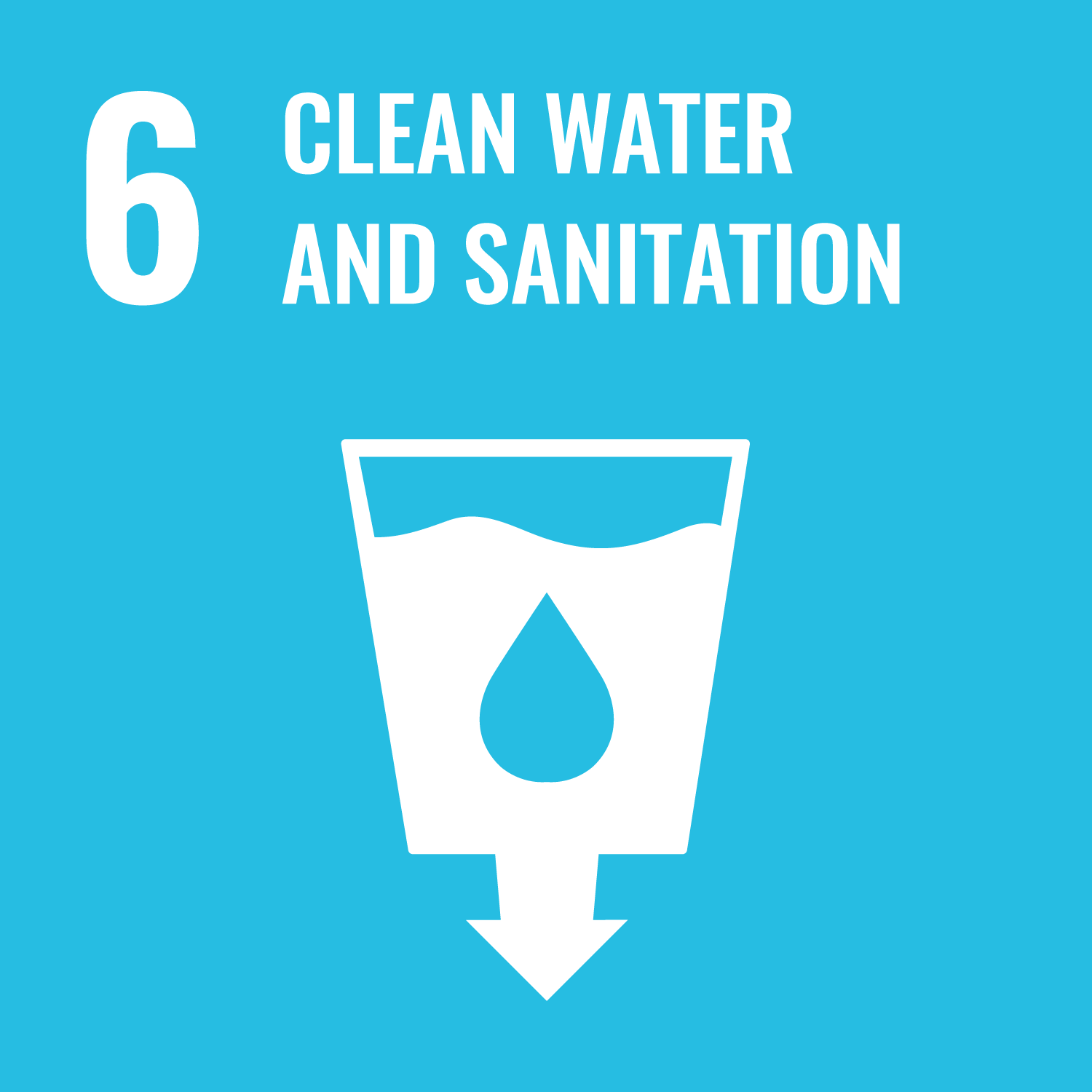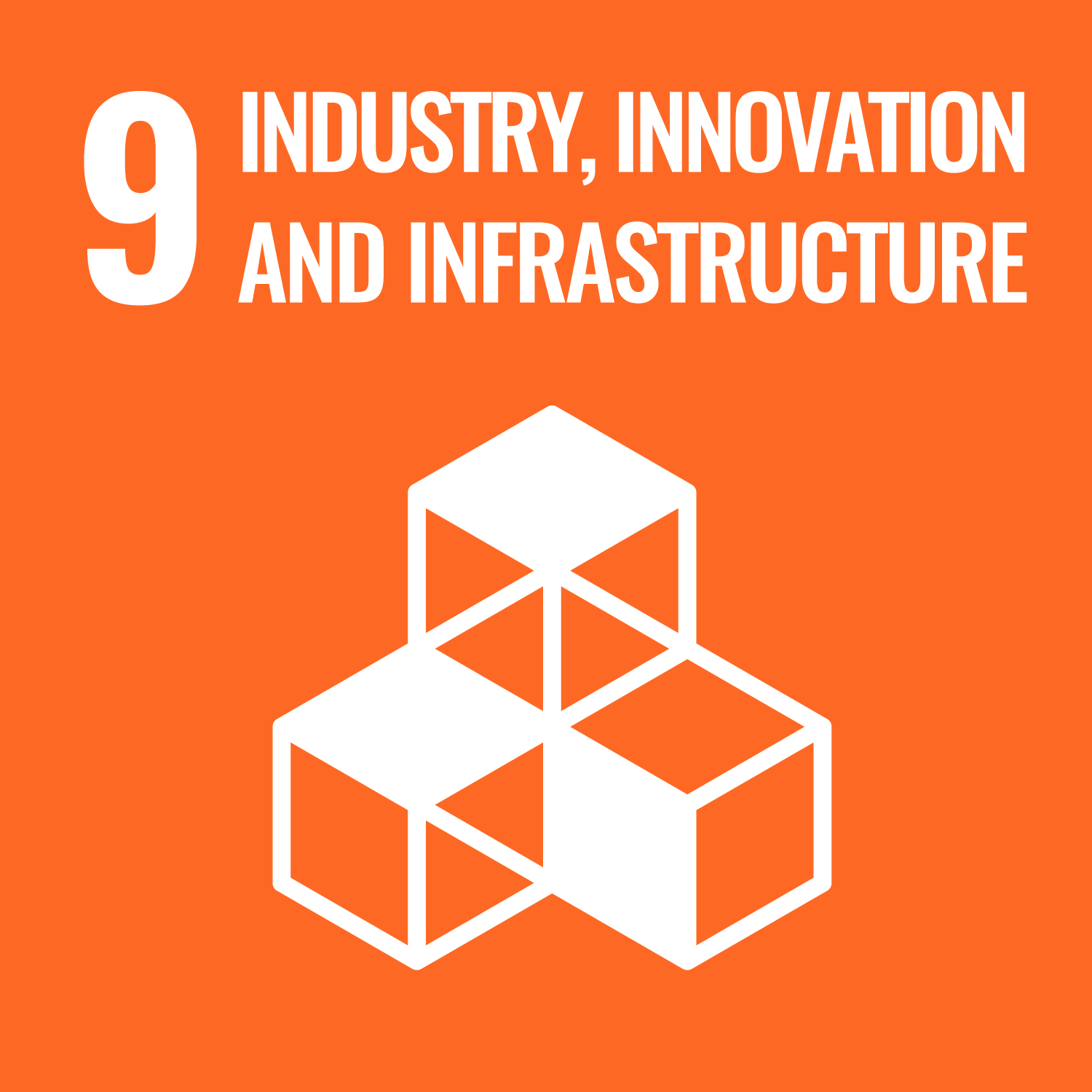SDG Detail
MGT 894 Connected Cities and Urban Ecosystems
Postgraduate courseProject description
This course introduces students to the technological forces reshaping urban ecosystems. More than 50% of the world population lives in cities. These cities use 80% of the world energy; consume 60% of the world drinking water; and, generate 70% of the world carbon emissions. Furthermore, rapid population growth is straining the capacity of cities to provide essential goods and basic services such as electricity, drinking water, sewage, and trash removal, as well as provide a reliable transportation infrastructure. Can autonomous cars, buses and taxis help solve this? Can sensors tracking water usage and trash levels help create incentives for city dwellers to consume less and conserve more? Can cameras tracking pedestrian and traffic patterns help reduce congestion and pollution? We will discuss many questions in our synopsis of numerous global cities. We will discuss the proliferation of onnectivity via sensors and computing; the public policies influencing connected cities; the social forces doing the same; and, what this all means for the next chapter of humankind development. We will focus our time in these six areas: Data, Energy, Food, Infrastructure, Public Services, and Water.
Project aims
?
Project outcome
?
Related SDGs
The corresponding sustainable development goals correlated with this project. You you click the icon to link to SDG category description page.














